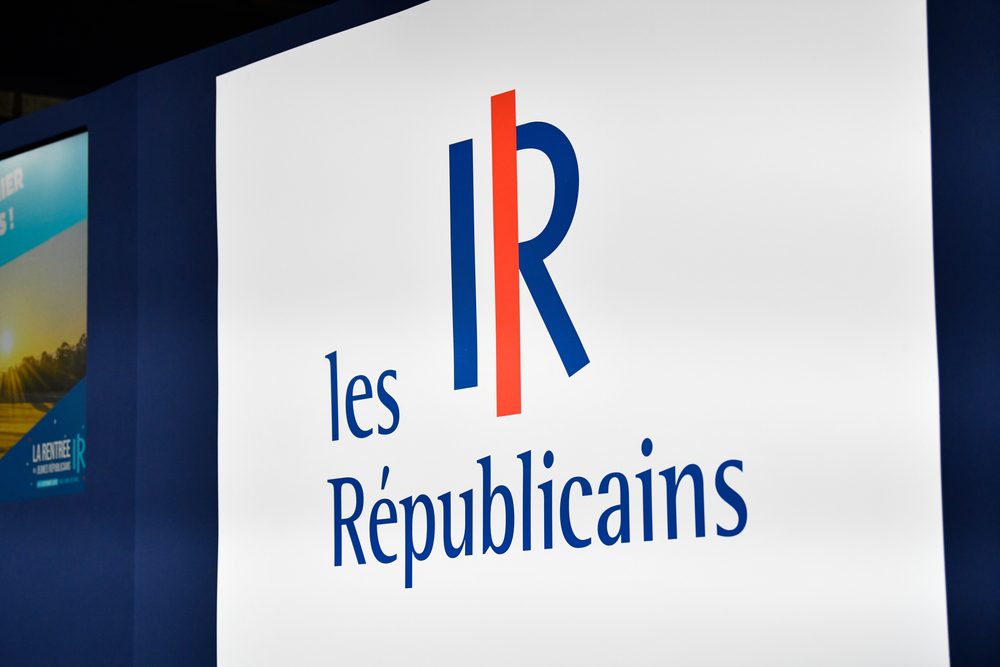
After the painful failures of April and June 2022, which saw the resounding defeat of candidate Valérie Pécresse in the presidential elections, and the significant decline of their deputies in the National Assembly, the Les Républicains (LR) party—the main party of the French governmental right—is looking for a new breath, and a new future. Its next decisive deadline is the election in three months’ time of a new party president.
The trauma of the double electoral failure is deep. The start of the new school year in September offers the opportunity to organise meetings to start afresh. During the summer campus of the Young Republicans held in Angers on September 3rd and 4th, discussions focused on the election of the new party president. Several candidates will compete for the position on December 4th, but Laurent Wauquiez will not be among them. Wauquiez, the president of the Auvergne-Rhône-Alpes region, announced he would not participate in the race—a way for him to reserve himself for the presidential election of 2027. The head of the LR senators, Bruno Retailleau, has announced his candidacy. So too has the deputy of the Alpes-Maritimes, Éric Ciotti, who was already present during the primaries for the presidential election as Valérie Pécresse’s rival. The mayor of Orléans, Serge Grouard, and perhaps soon another deputy, the young Aurélien Pradié of centrist leanings, may also declare interest.
The young generation shows its preference for Éric Ciotti, on the grounds that he assumes a clear right-wing discourse. “Éric Ciotti is faithful to Les Républicains, he represents a right-wing line for a right-wing party and that’s why we support him,” explains an activist. “His speech corresponds to what the majority of activists think. He defends France, that’s what I like.”
Éric Ciotti defends himself from being the caricature that his opponents present him as: a man of slogans, obsessed by immigration. But he also refuses excessive precautions in language, or of rallying at all costs: “This argument ultimately leads us not to say things,” warns the candidate. “Of course we have to bring people together, but we have to be clear because we mustn’t let the gathering be the status quo. I will not be the candidate of the status quo.”One of the problems often identified for the Les Républicains party is the gap between the leaders, tempted by centrism, and the militant base, who are much more conservative. The current trend seems to be in favour of a right-wing approach, as desired by the majority of members. The victory of the Rassemblement National in the legislative elections, which has become the largest right-wing group in the National Assembly with 89 deputies, is a powerful spur. Les Républicains have considerable pressure on their shoulders: to put an end to a spiral of failure which has meant that for ten years, no candidate from their ranks has managed to reach the second round of the presidential election.
